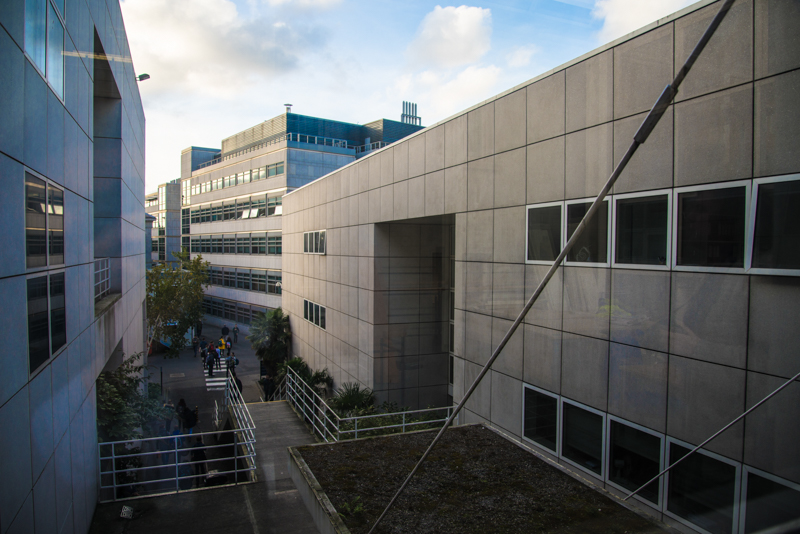Researchers from Trinity and five other universities are joining forces to engineer next-generation “chemical noses” that can detect certain environmental pollutants.
The project is part of a collaborative €2.9 million Horizon 2020 FET-OPEN project, INITIO. This collaboration will tackle this pollutant problem by using engineering molecules that act as pollutant receptors. They then plan to integrate these receptors with smart nanostructures to create devices that can be deployed to detect and destroy the pollutants. Essentially, these devices will work as “chemical noses” – sniffing out and removing pollutants.
One of the problems we face when dealing with pollutants is that many pesticides or pharmaceutical drugs that enter the environment are “chiral”, which means that their structure makes it difficult to identify and remove them. Chiral pollutants are found in pesticides, herbicides, fungicides, dyes, antibiotics and many other drugs.
The Irish group, headed by Prof Mathias O Senge, who is the Chair of Organic Chemistry at Trinity, will build the molecules that act as the sensors in the chemical noses. They will use chemical methods recently developed at Trinity in which “porphyrins” – the pigments of life, responsible for the red color of blood and the green of plants – flag the presence of specific pollutants through changing color when they come into contact with them.
Senge said in a press statement that the honour is “truly exciting award”. “It combines our leading expertise with that of international collaborators to tackle a fundamental real-world problem which increases in severity every year”, he stated.
“Environmental issues such as global warming are on everybody’s radar”, Senge said. “It is also an excellent example how crucially important national fundamental science funding is. Our basic research has been generously funded by Science Foundation Ireland (SFI) since moving to Ireland in 2005, only this enabled us for transformative international collaborative programs such as INITIO targeting tangible practical applications.”
Senge’s team will work in collaboration with scientists from Italian, Finnish, French, and Estonian universities as well as Interspectrum OU in Estonia, and Eurochem Italia in Italy.







